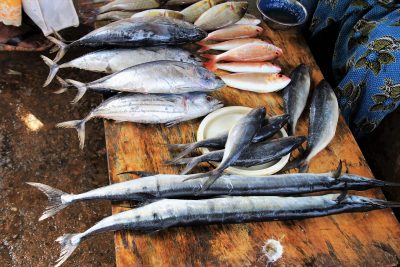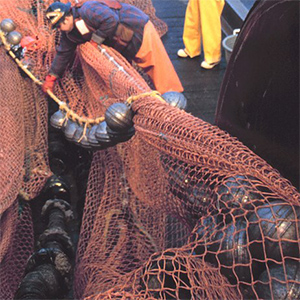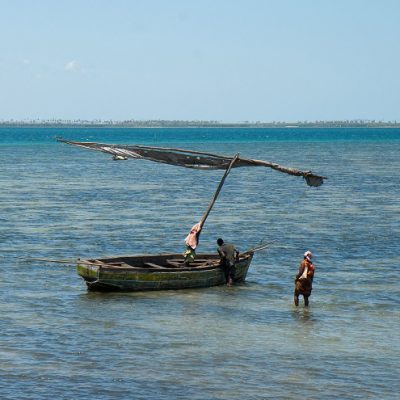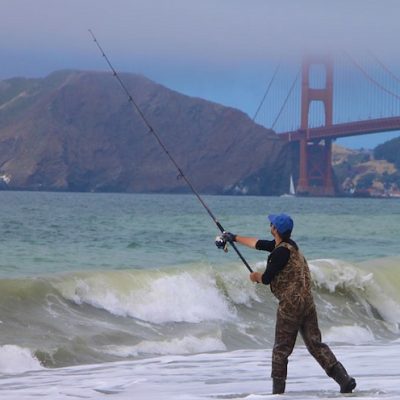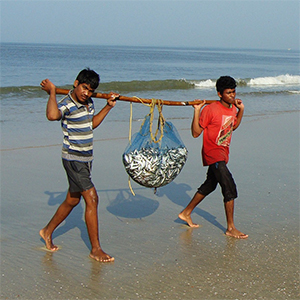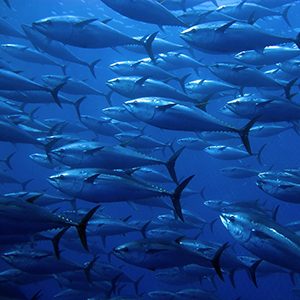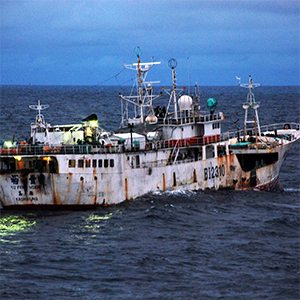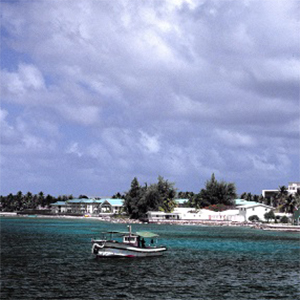Daniel Pauly and Rashid Sumaila featured in new film pushing for WTO Agreement on fisheries subsidies
Dr. Daniel Pauly, and Dr. Rashid Sumaila, feature in a new film aimed at supporting a critical World Trade Organization (WTO) agreement on fishing subsidies, as the international community races to lock the deal in place before it expires in 2024.
Egyptian Mediterranean fisheries in urgent need of better management
Egyptian fisheries need to be better managed to secure the overall health of the Mediterranean Sea’s marine living resources, new research has found.
New FCRR: Global Fisheries: Livelihood Impacts of Overfishing. Technical Report: November 30, 2022
This technical report supports what researchers have been saying for many years – we urgently need to rebuild overfished fish stocks in order to recoup the current economic and social benefits that are inescapable with current catch loss.
Countries likely missing out on revenue from catch share fisheries
Despite harvesting an estimated global value of US$17.7 billion worth of fish, many catch share fisheries may be paying little or no royalties on their harvests, with countries likely foregoing this potential source of revenue.
As fishing effort grows, catches decline in the Mozambique Channel region
Researchers found that effective small-scale fishing effort in the entire Mozambique Channel region grew slowly but steadily from around 386,000 kWdays in 1950 to around 23 million kWdays by 2016, with Mozambique and Madagascar dominating the upward trend.
A few missing fish: US West Coast recreational and discarded catches
United States of America lacks international reporting of recreational catches and fish discarded at sea, which may hinder proper ecosystem-based management efforts
Updating Sea Around Us‘ 1950-2010 marine catch reconstructions to 2018
The two volumes cover all maritime countries and island territories of the world.
Impact of climate change on tropical fisheries would create ripples across the world
Tropical oceans and fisheries are threatened by climate change, generating impacts that will affect the sustainable development of both local economies and communities, and regions outside the tropics.
Billions lost as illicit fisheries trade hurting nations who can afford it least
Eight to 14 million tonnes of unreported fish catches are traded illicitly every year, costing the legitimate market between $9 and $17 billion in trade each year.
Climate change-threatened Marshall Islands under-reporting fisheries stats
A new study by Sea Around Us found that total marine fisheries catches were 27% higher over the last 60 years than the data officially reported by the FAO on behalf of the Marshall Islands


